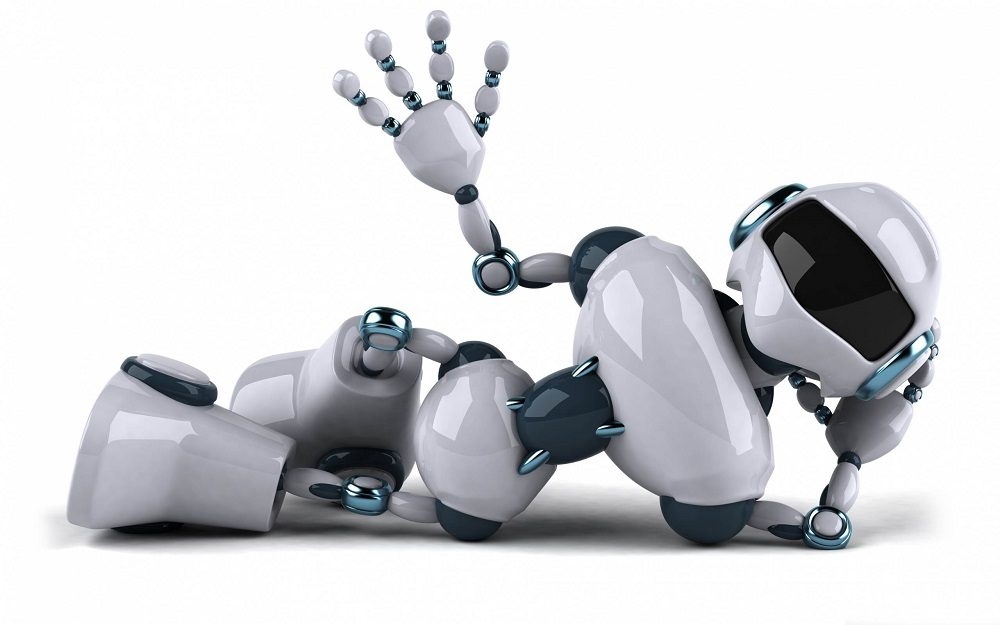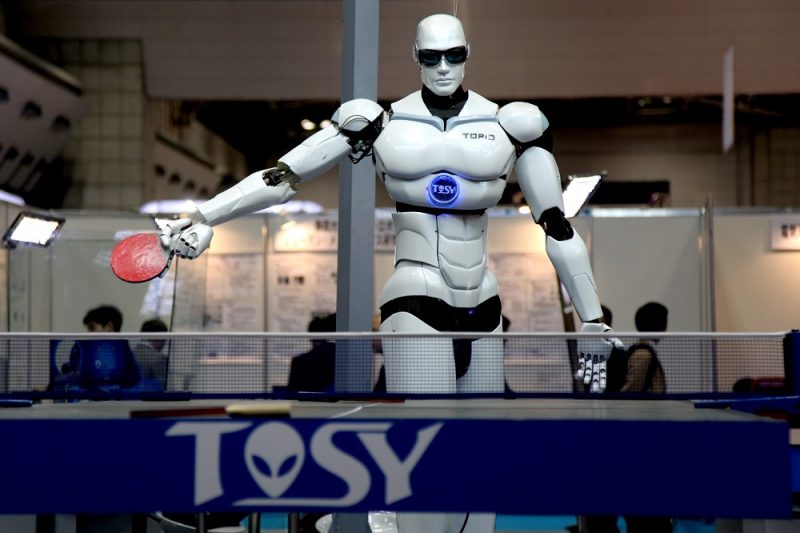
It seems that humanoid-looking robots, or androids, also need to have a proper name. Europe has proposed that they be called electronic persons. It’s probably better we call them such this early so the human race would get used to it before their AI evolves at such a level that they take offense at the word ‘robot’ and actually take over the world. But it’s actually more than that. The term electronic person will actually be a more formal name to be used for autonomous robots in drafting laws that will cover them and their operators for things such as taxation, social security and legal liability.
There’s an ever increasing use of autonomous robots in factories and other services that it may be time to re-evaluate the legalities of their use. Just as the United States and the rest of the world are busy crafting rules and regulations for drone use. Domino’s in Australia recently tested a prototype pizza delivery robot. In Europe, a company called Starship Technologies is doing the same thing except to deliver restaurant orders with aims to create a food delivery service. The economic impact of using robots for simple everyday tasks is undeniable, with the possibility of some implementations going full-swing within ten years. By then, robots and drones, or electronic persons will be doing package and food deliveries reminiscent of the robots in the film I-Robot. In some places, they’re already bell-hopping, waiting tables, bartending and doing reception work.
This whole emerging concept of employing robots over people, especially in trying economic times would definitely need some laws and regulations. There has to be laws, for example, on what to do with those displaced from their jobs or other livelihood programs for the uneducated and unemployed. Companies should go under some form of taxation if they choose to employ electronic persons instead of actual persons. They will also need to declare the amount of savings incurred from employing robotic labor again for tax reasons.
It’s also stated in a draft motion to consider that ‘at least the most sophisticated autonomous robots could be established as having the status of electronic persons with specific rights and obligations including that of making good any damage they may cause, and applying electronic personality to cases where robots make smart autonomous decisions or otherwise interact with third parties independently.’
Such a motion seems a bit premature. There’s also the misconceptions generated by the proposal of calling robots ‘electronic persons.’ That humans now have another minority to contend with and acknowledge as to having rights and ‘feelings.’ When discussing robot rights, it’s all too easy to recall the 80’s cartoon series Astroboy wherein some episodes discussed robotic rights and privileges. Whether robots can be legally adopted, whether robots can live as families as well as robot discrimination by humans and that all too real prospect of work-displaced humans. If I remember correctly, it’s also discussed if humans have criminal liability for destroying or ‘killing’ robots.
As mentioned, some consider these proposals to be premature though the additional taxation for robot-centric companies makes sense.
“…that we would create a legal framework with electronic persons – that’s something that could happen in 50 years but not in 10 years… We think it would be very bureaucratic and would stunt the development of robotics,”
— Patrick Schwarzkopf, managing director, robotic and automation department, VDMA
Mr. Schwarzkopf acknowledges that legal frameworks for self-driving vehicles will be needed very soon but says the electronic person proposal is too early and that there is no direct relation between automation and unemployment.
The draft also includes the proposal to create a register of all advanced robots and AI that will be put to use. Other countries such as Japan, South Korea, and the US are crafting similar measures of their own. Bottom line, the proposal aims for the registry of robots to be used in the workplace, the incurred savings and additional taxation of their use and legal liabilities concerning safety and probable damages in case of negative human interactions. Not to worry, electronic person is a formal identification and not an inoffensive term for politically-sensitive machinery.


